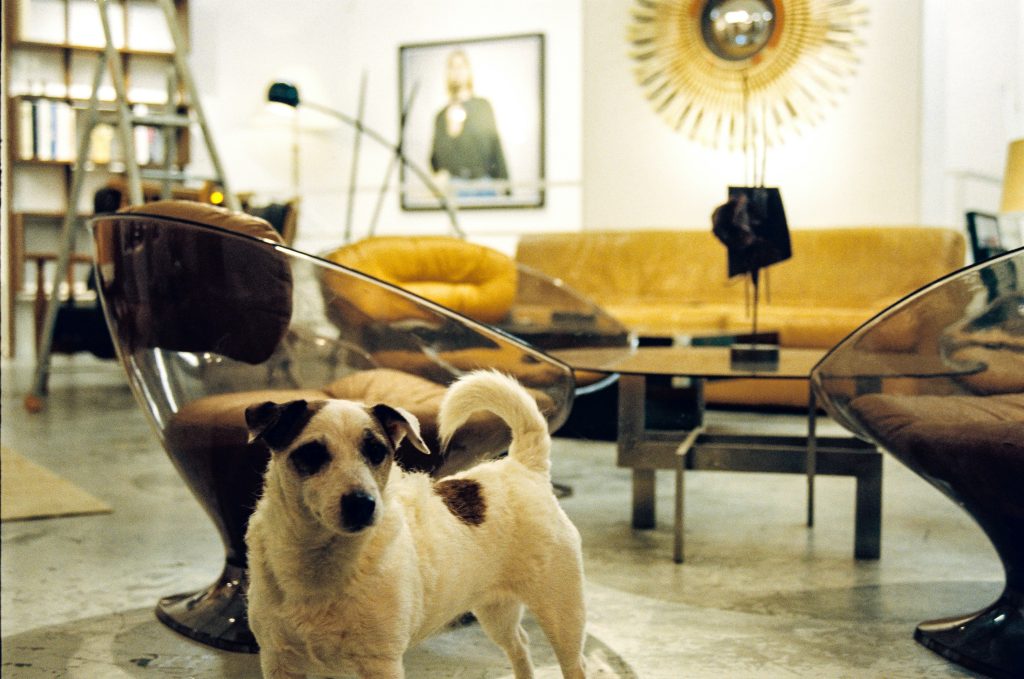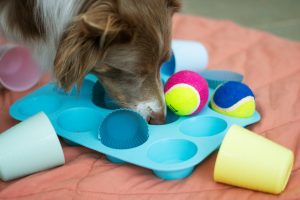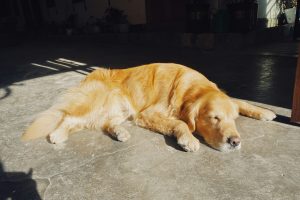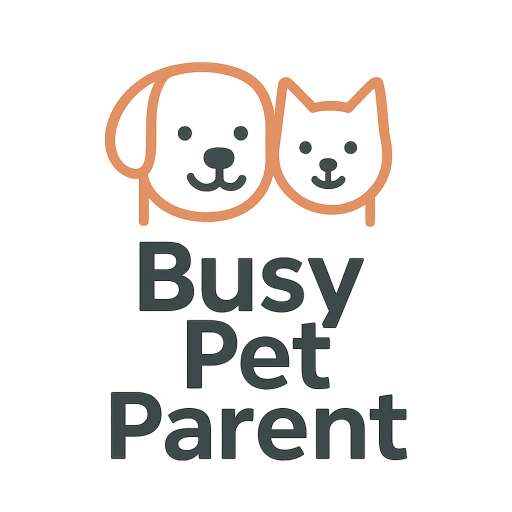
The Ultimate Dog Training Guide for Busy People: Build Better Habits in Minutes a Day
Think you don’t have time to train your dog? You’re not alone. Between work, errands, and life’s chaos, many busy pet parents feel guilty about skipping structured training. The good news? You don’t need hours a day to raise a well-behaved dog. This guide shows you how to turn ordinary moments into effective training sessions — even with a packed schedule.
1. Think in Micro-Moments
Training doesn’t need time set aside. Ask for a “sit” before meals, a “wait” at the door, or a quick “paw” before the couch—these 30-second moments stack up into real progress.
2. Train During Routine Tasks
Grooming, mealtimes, or laundry can be moments to ask for a “stay” or refresh commands. Integrating training this way helps it fit seamlessly into your day.
3. Use a Clicker for Clear Feedback
A quick click-and-treat tells your dog exactly what behavior you want. For a verified guide, check out this AKC article.
4. Reinforce a Go-To Potty Cue
Teach a specific cue like “go potty” and reward every successful trip. Consistency helps control bathroom habits—great for busy days.
5. Practice Loose-Leash Walking
Stop when the leash tightens and only walk forward when it’s loose. This simple technique teaches leash manners and makes walks more efficient.
6. Tackle One Trigger at a Time
If your dog reacts to other dogs, choose one trigger and work quietly at a distance, rewarding calm behavior as you gradually move closer.
7. Ease Separation Anxiety Gradually
Start with 30-second absences and build up. Give a treat toy during your exit to create positive associations — effective even on busy schedules.
8. Use Food Puzzles for Independent Training
Give your dog a treat-dispensing toy while you’re occupied. It reinforces problem-solving, patience, and reduces boredom-driven behavior.
9. Quit While You’re Ahead
End each short session with success—even a mini victory builds momentum and keeps both you and your dog motivated.
10. Use the Same Command Words
Keep cues consistent—don’t switch between “down” and “lay down.” Consistency in language prevents confusion and speeds training.
11. Crate Games: A Mental & Physical Outlet
Turn your dog’s crate into a fun space. Toss treats in and out, build calm associations, and reinforce patience—great for impulse control and confidence.
12. Brain Games for Off Days
DIY puzzles or scent games like “find the treat” mentally tire your dog when walks aren’t possible—no special toys needed.
13. Tiny Routines That Add Up
Link short training patterns to daily habits—like sit before coffee—to make behavior training automatic and stress-free.
14. Bonding Time Doubles as Training
During petting or brushing, ask for a cue like sit or touch. Linking affection with manners strengthens both behavior and your bond.
15. Secret Sauce: Stay Consistent
Missed a day? No worries. Stick to your core rules and routines over time—consistency builds real habits, even with irregular schedules.
Bottom line? You don’t need lots of free time to raise a well-mannered dog. Bite-sized training, consistent cues, and creative enrichment turn busy lifestyles into positive learning opportunities.
Frequently Asked Questions
Absolutely! Short, consistent training is effective—quality beats quantity.
Never too late! Older dogs learn new behaviors, especially with gentle, consistent methods.
That’s okay. Get back to habit-building with a fresh start—the important part is consistency over time.
Play games, use high-value rewards, mix tricks into routine life—make training feel like bonding, not work.
Start with these expert guides: AKC Clicker Training and ASPCA DIY Enrichment Tips.

Join the Busy Pet Parent Newsletter!
Get easy routines, time-saving tips, and the latest gear reviews—delivered straight to your inbox.
Perfect for busy pet owners, apartment dwellers, and anyone who wants a happy, healthy companion (without the stress).
Exclusive guides & checklists
Product recommendations & deals
No spam—unsubscribe anytime!




